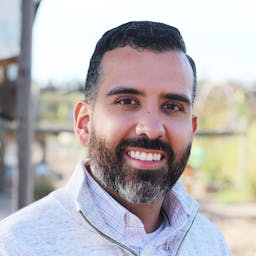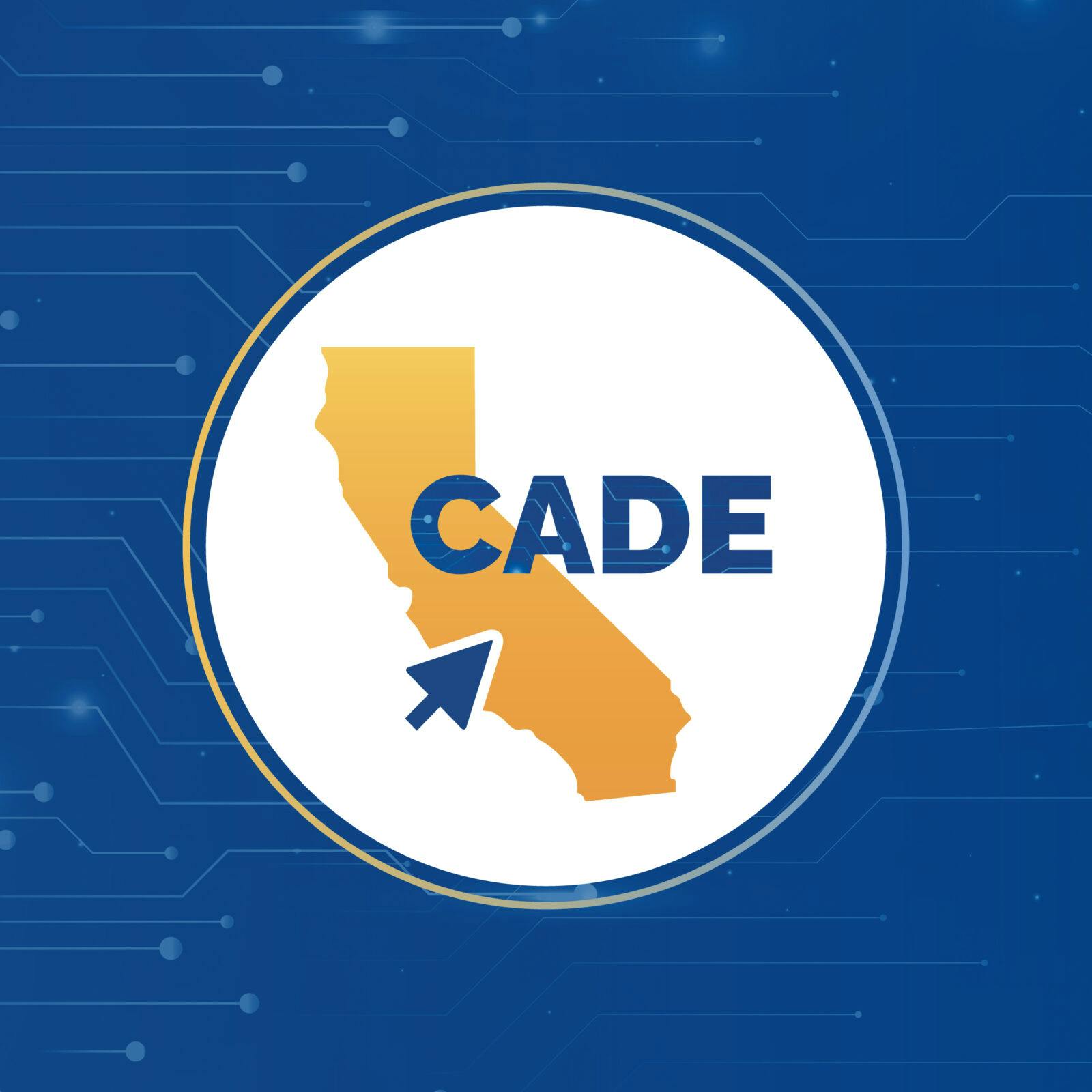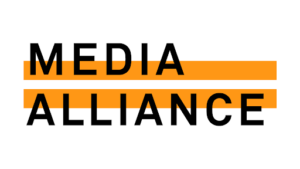
Our Current Digital Equity Work
California Alliance for Digital Equity (CADE)
Access to and facility with the internet is a requirement to engage in today’s world. Work activities, school classes, job applications, and medical appointments all demand reliable high-speed internet. Every Californian deserves access to fast, reliable, and affordable internet; and to have the opportunity to learn how to effectively navigate the digital world. We believe a fast connection without bandwidth or data limitations, coupled with technical support, is a civil right—not a luxury.
Budget Priorities in 2025
- Working to increase transparency & accountability in MMBI decision-making processes with the California Department of Technology (CDT) & the California Public Utilities Commission (CPUC)
- Ensuring the MMBI serves California’s Disadvantaged Communities, including the Governor’s 18 Initial Commitments
- Maximizing impact of funding resources by working with stakeholders to maintain a commitment to a state-owned open-access MMBI
Big Wins for Digital Equity
AB 470 Abandoning Universal Access (McKinnor) 2025 – Held in Committee
- AB 470 would have allowed AT&T and other providers to abandon their role as a “Carrier of Last Resort” (COLR), a longstanding and critical regulatory safeguard that ensures every household has access to at minimum, basic & reliable telephone service. By dismantling this long-standing public obligation, AB 470 would have threatened the well-being of millions of Californians who depend on landlines for safety, connectivity, and emergency communication. Vulnerable populations, such as seniors without cell phones, low-income residents unable to afford wireless plans, and rural communities with limited or unreliable cell coverage, stood to lose the most.
AB 41 DIVCA Reform (Holden) 2023 – Veto
- Although we initially supported AB 41 for much of the 2023 legislative session, the final iteration of AB 41 would have moved the state further from digital equity, and would have made California franchise policy worse for communities, worse for localities, and harder for the state to address the digital divide. Working alongside other digital equity coalition partners, we successfully secured a veto of AB 41 by Governor Gavin Newsom.
AB 286 Broadband Infrastructure Mapping (Wood) 2023 – Signed into Law
- The current inventory of publicly available broadband maps fail to fully and accurately illustrate our state’s geographic digital divide; and the inaccuracy of these maps prevents millions of Californians in communities throughout our state from receiving high quality, affordable broadband service. Signed by the Governor in 2023, AB 286 will improve the state’s broadband mapping efforts and will ensure that households have the ability to share address level data directly with the CA Public Utilities Commission (CPUC) on internet speeds, costs, and more; providing the detail to produce better publicly available maps.
Our Digital Equity Partnerships
NextGen is a founding partner of the California Alliance for Digital Equity Coalition (CADE), which has collectively helped to mobilize 40+ organizations across the state to support policy and budgetary actions to close the digital divide, including the passage of key digital equity legislation that will help the state achieve our broadband equity and affordability goals.
Stay Updated!
Stay up-to-date with our work on Digital Equity.






